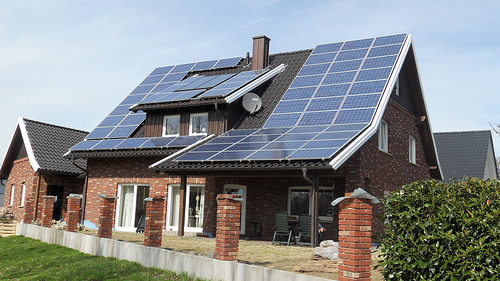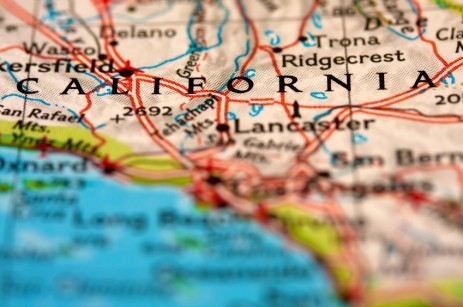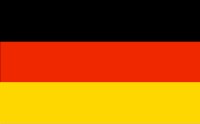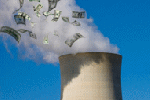Despite widespread rumors in North America that Germany was abandoning its system of Advanced Renewable Tariffs, the country’s upper chamber of parliament, the Bundesrat, approved the latest revision of its pioneering Renewable Energy Sources Act [PDF] on July 8, 2011.
The action follows approval by Germany’s House of Commons, the Bundestag, on June 30, 2011.
The new version of the law first introduced in Germany in 2000 will go into effect Jan. 1, 2012.
Approval of the latest revisions of the Renewable Energy Sources Act, the Erneuerbare-Energien-Gesetz (EEG) in German, is significant because it follows the nuclear accident at Fukishima, Japan and the debate in Germany about the future of nuclear power.
The 30-year long debate on nuclear in Germany was settled earlier this summer when parliament decisively voted to quit nuclear power by 2022.
Germany is currently ruled by a coalition of the Conservative (CDU/CSU), and the neoliberal (FDP) parties.
Thus, the vote on revisions to the Renewable Energy Sources Act for 2012 follows the decision to quit nuclear power and further expand the role of renewable energy in the electrici... Read more




